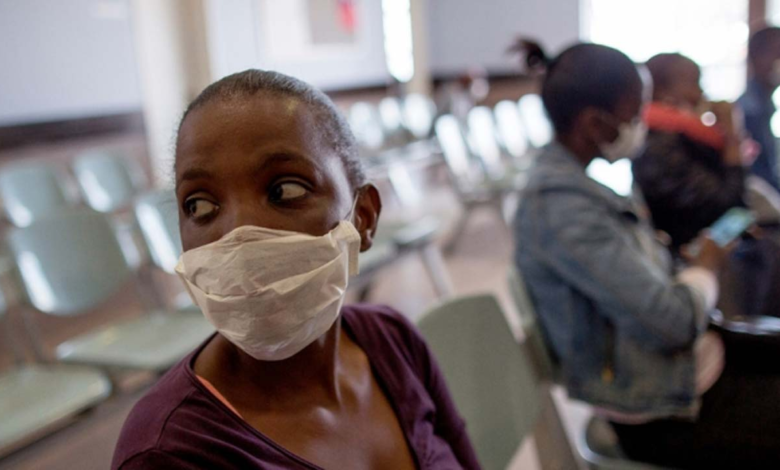The Poor Are Prevented From Getting New Tuberculosis Drugs, MSF Warns
People in poor countries cannot get the best drugs because they cost too much. Patents give drug companies monopolies on new and improved medication for adults and children affected by Tuberculosis.

Drug patent-holders are preventing the poorest people from getting newer, and more effective treatments for Tuberculosis, doctors who specialise in treating people in countries affected by crisis say.
In a press statement released by Medécins Sans Frontières/Doctors Without Borders (MSF), the organisation explained that newer Tuberculosis medications – bedaquiline and delamanid – are better treatments for people with drug resistant forms of the disease, but efforts to make them more widely available are being prevented because the prices are kept high by the manufacturers.
In a survey titled ‘DR-TB Drugs Under the Microscope’ MSF say the high pricing is as a result of the patents on the medication for adults and children affected by the disease.
The statement also noted that the pharmaceutical companies behind the medicine, Johnson & Johnson (J&J) and Otsuka, have a global monopoly that blocks other manufacturers from replicating for easier distribution.
In Nigeria, the Ministry of Health said the country recorded “no fewer than 207,000 cases of TB in 2021, and 12,977 of them were children.” In a report published by Vanguard, the ministry noted that there was a 50 per cent increase in TB notification, from 138,591 confirmed cases in 2020 to 207,785 in 2021.
In another report, Adeyemi Babatunde told Centres for Disease Control & Prevention (CDC) how he was diagnosed with the disease and eventually developed a drug-resistant TB due to incomplete treatment. Medications for Drug-resistant TB are said to cost 10 to 30 times more than the non-resistant type.
As things stand the patents for the drugs may expire in 2023, the release from MSF says. But secondary patents extending the companies’ monopoly on production in several countries are likely, MSF warns. The restrictive licences remove competition and keep prices high.
The statement also said that, “generic manufacturers require samples of the originator product (i.e. delamanid or bedaquiline) in order to conduct the studies necessary to bring quality-assured generic medicines to market. However, pharmaceutical corporations generally do not make their products available for such studies.”
In the report MSF urges the The World Health Organization (WHO) to address barriers by putting up a process for obtaining the necessary samples. “There needs to be more competition among generic and originator companies to bring prices of newer medicines, bedaquiline and delamanid, down after patents expire,” the organisation added.
Support Our Journalism
There are millions of ordinary people affected by conflict in Africa whose stories are missing in the mainstream media. HumAngle is determined to tell those challenging and under-reported stories, hoping that the people impacted by these conflicts will find the safety and security they deserve.
To ensure that we continue to provide public service coverage, we have a small favour to ask you. We want you to be part of our journalistic endeavour by contributing a token to us.
Your donation will further promote a robust, free, and independent media.
Donate HereStay Closer To The Stories That Matter




